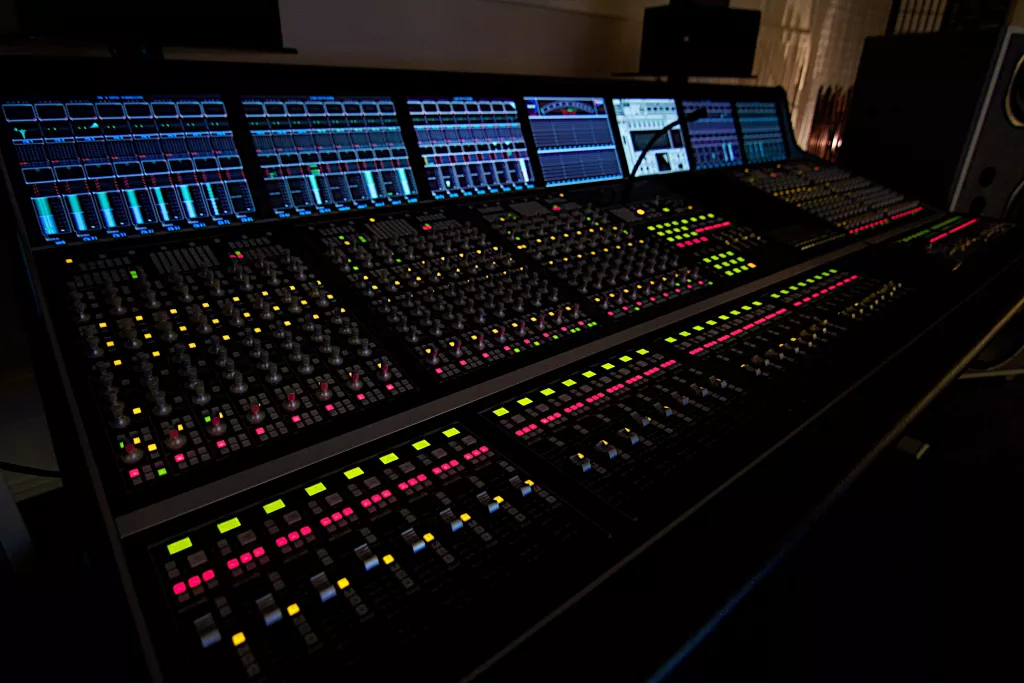The rise of music streaming platforms has revolutionized the way we consume music. Spotify, a frontrunner in this industry, has over 345 million active users as of the end of 2020, according to its Q4 2020 report. While the platform is celebrated for its accessibility and convenience, a rising concern is beginning to strike a sour note in the harmony of streaming music: the misuse of private Spotify accounts by businesses.
On any given day, countless restaurants, cafés, shops, and malls play background music to create ambiance and attract customers. But instead of paying for a commercial license as legally required, a growing number are exploiting the affordability of private Spotify accounts to play music in public spaces. This practice is not only a blatant disregard of copyright laws but it's also leading to a drastic reduction in musicians' pay — by more than 80%, as recent reports suggest.
To make matters worse, this transgression comes on top of an already contentious issue: the meager royalties artists receive from streaming services. Spotify, for instance, pays artists an average of $0.00318 per stream, a rate that many argue is unsustainable for musicians. Adding insult to injury, businesses sidestepping commercial licenses further erode musicians' already slim earnings.
However, all is not lost. A solution seems to be on the horizon. A growing chorus of musicians and record labels are rallying to fight this injustice. But what does this action look like in practice?
Several are pushing for stricter monitoring and enforcement of copyright laws. They argue that it is imperative for streaming platforms like Spotify to develop more effective methods to distinguish between private and commercial use and enforce their policies more strictly. After all, these companies should bear the responsibility to ensure that their services are not misused, especially when the consequence of such misuse directly affects the livelihood of their primary content creators — the musicians.
But beyond technology, musicians and labels are also advocating for legislative action, holding businesses accountable for their role in the music ecosystem. And rightly so. Music isn't just a perk of shopping or dining; it's a valuable component that enhances the consumer experience and, by extension, boosts the businesses' bottom line. Therefore, businesses must be made to realize that using music to enhance their sales implies a responsibility to remunerate the artists accordingly.
The time has come for a concerted effort to right the wrongs of music streaming. If we continue to undervalue music and the artists who create it, we risk losing the soundtrack to our lives. As consumers, businesses, and lawmakers, it's our shared responsibility to ensure that the artists' voices are heard — not just through their music, but also through fair compensation for their craft.
